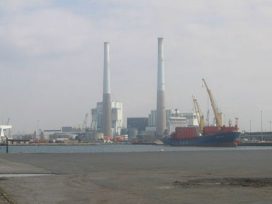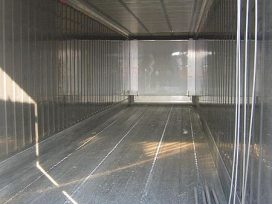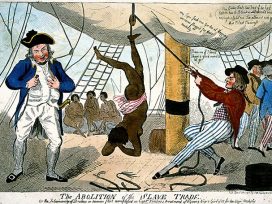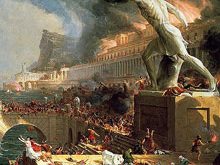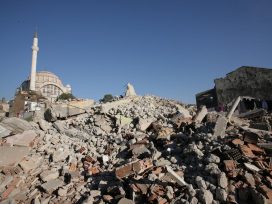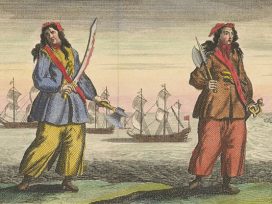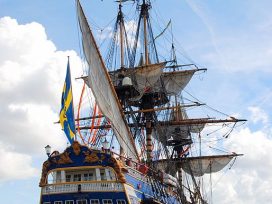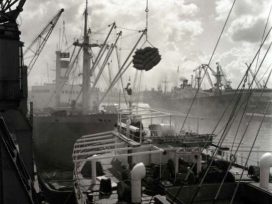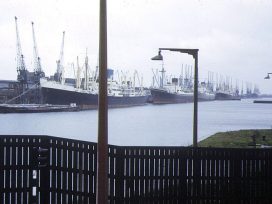Freedom is a chilly virtue
Michael Ignatieff talks about Isaiah Berlin
“It’s not justice, it’s not equality, it’s not a warm bath.” In Riga to deliver the annual Isaiah Berlin lecture, Michael Ignatieff talks to Ieva Lesinska, editor of Rigas Laiks, about Berlin’s definition of freedom, politics and the freedom not to be political.
